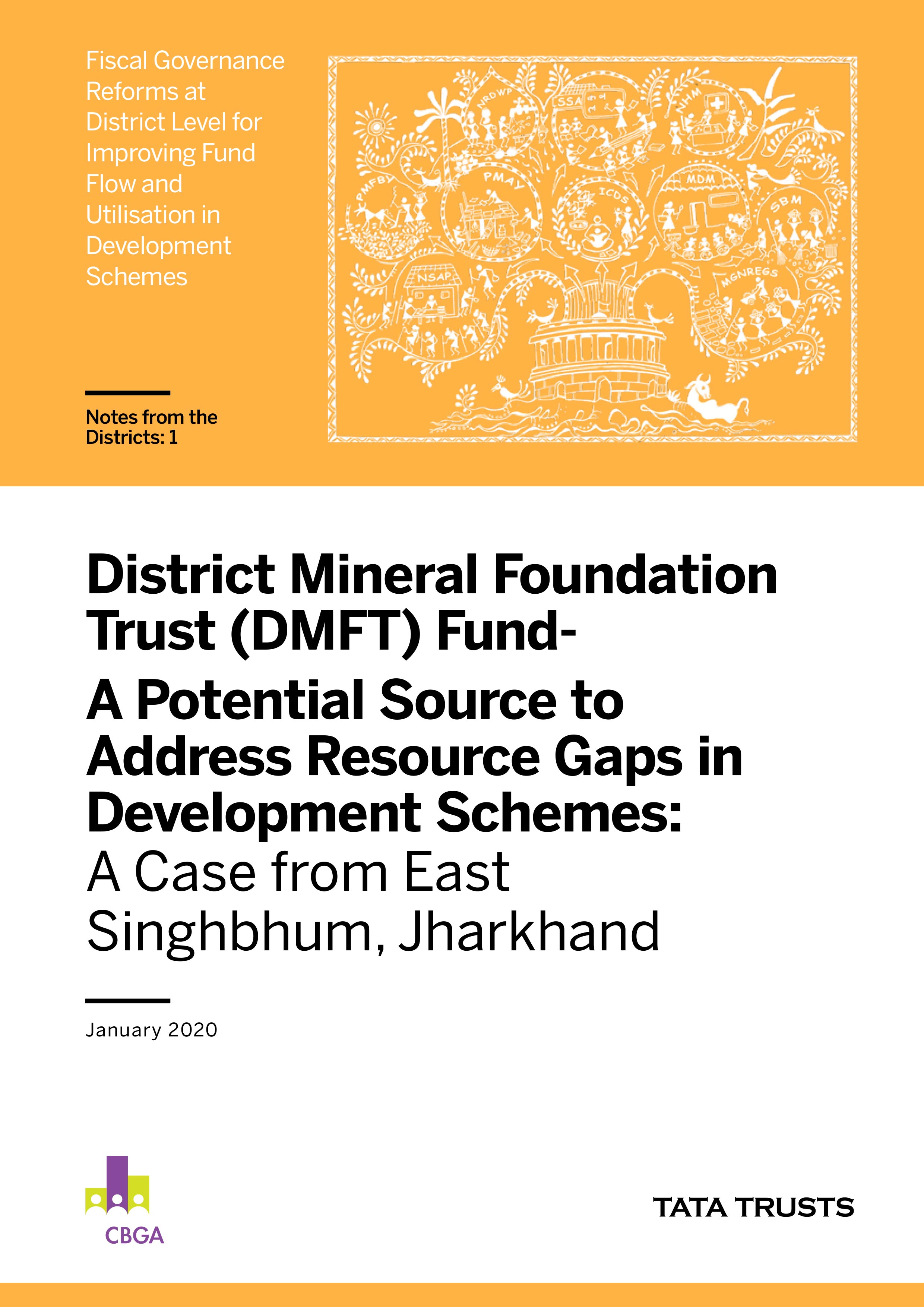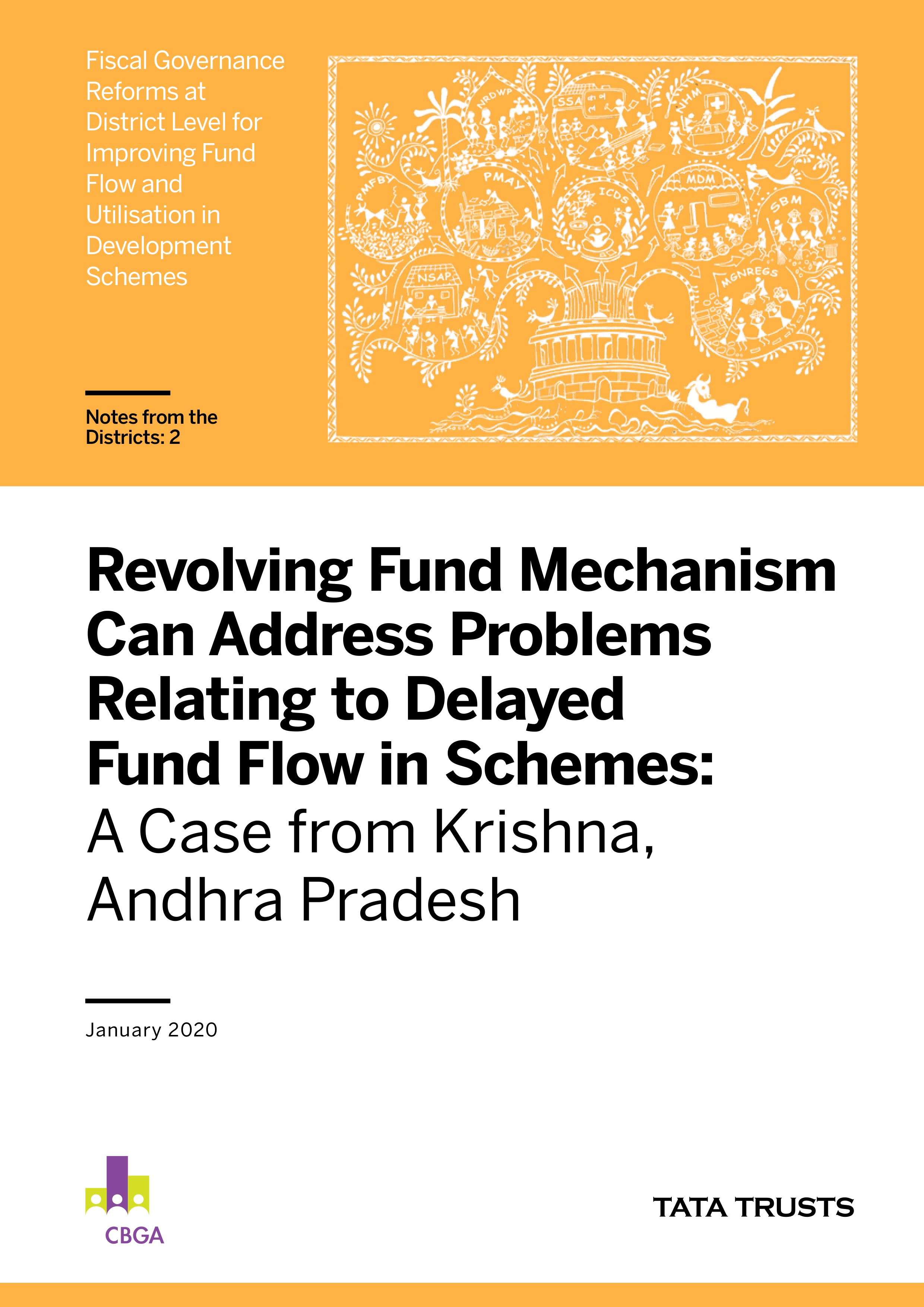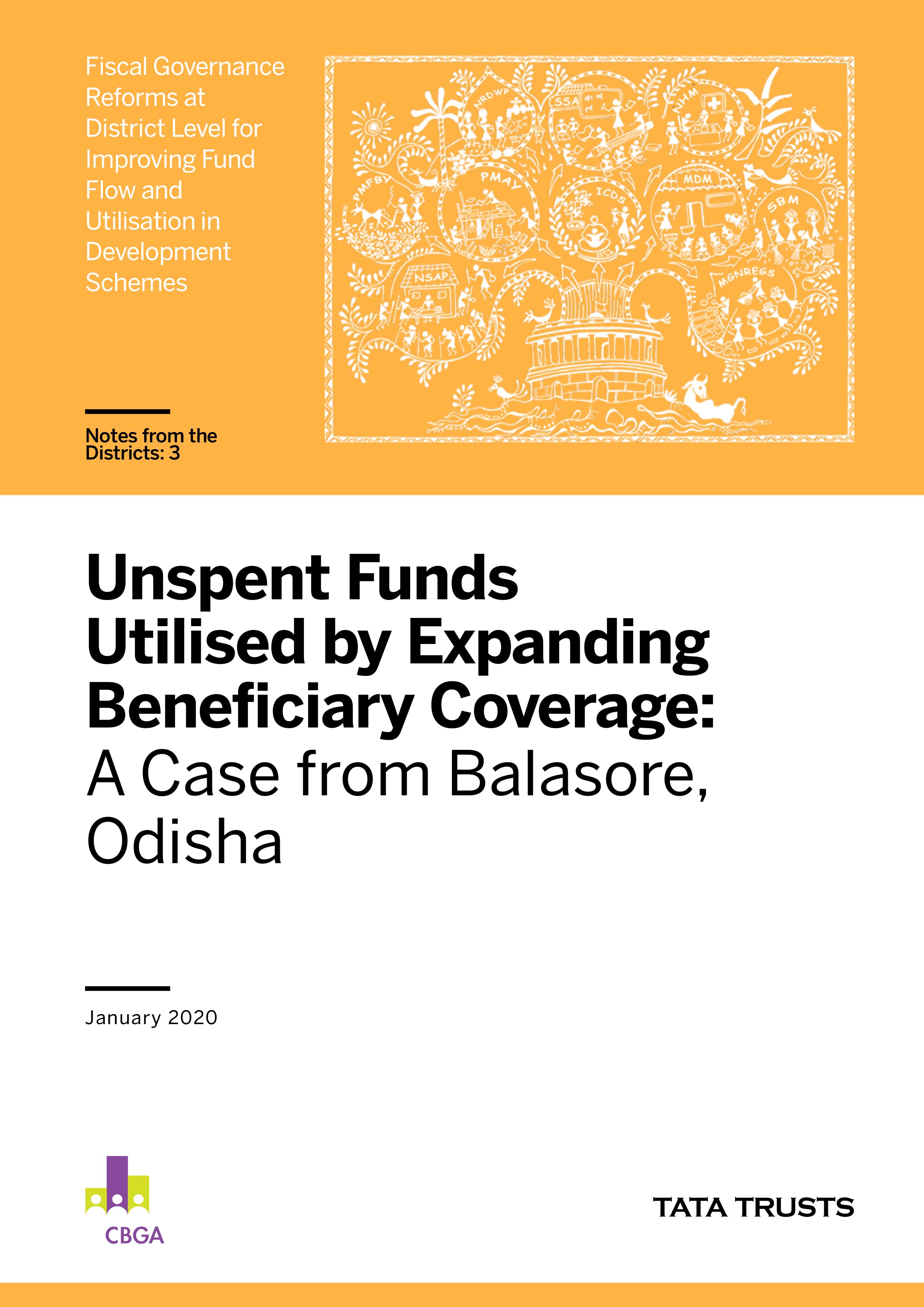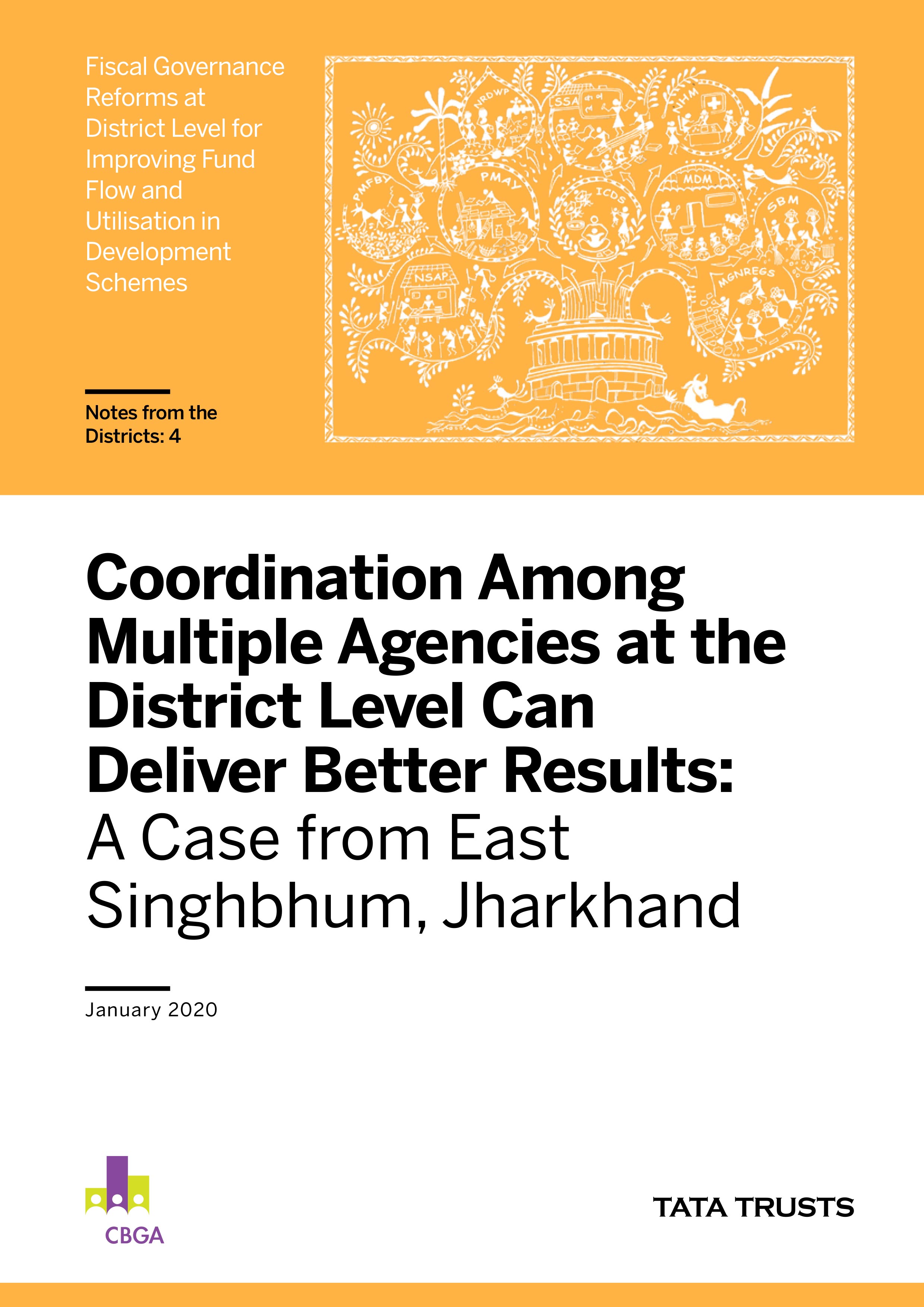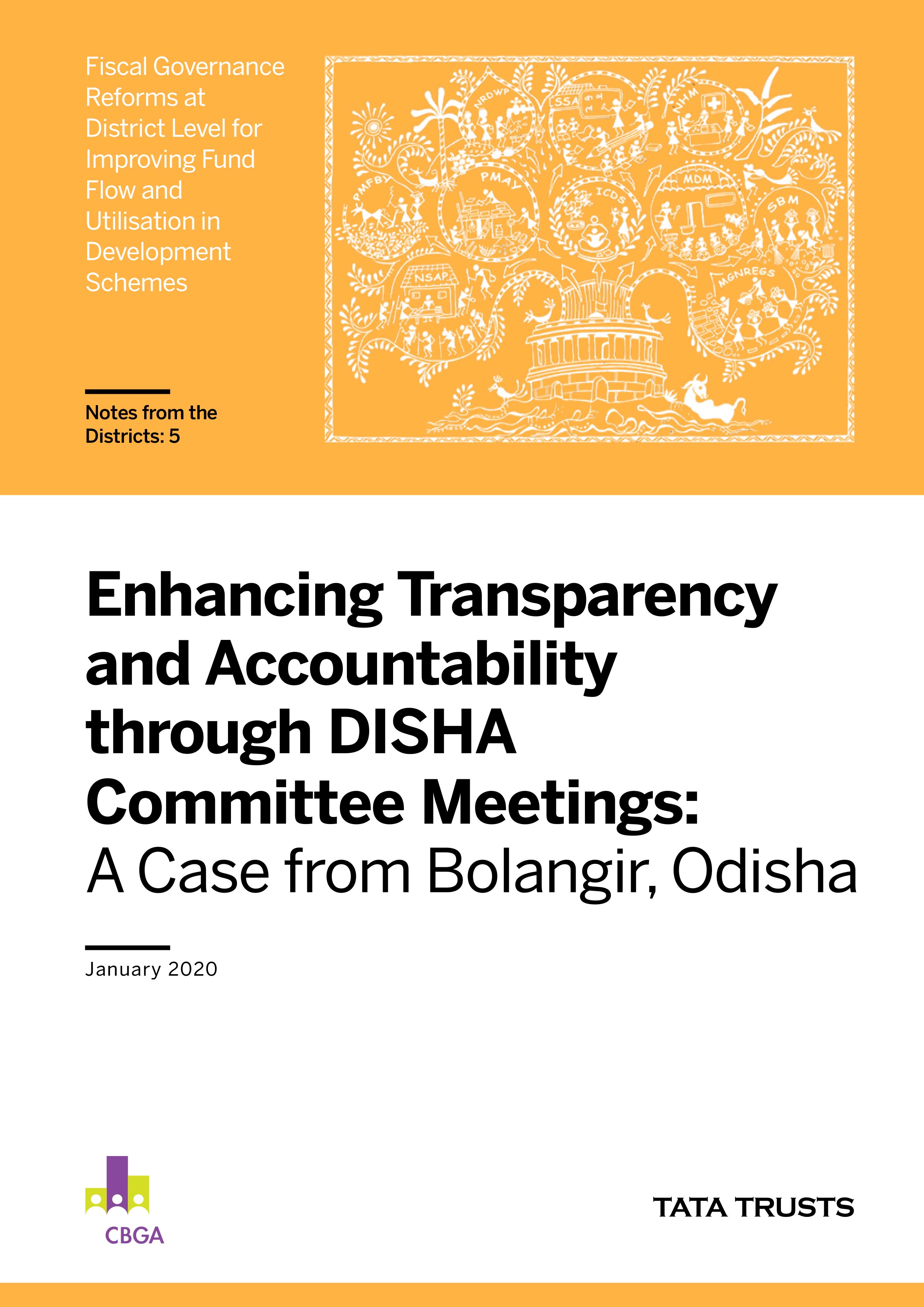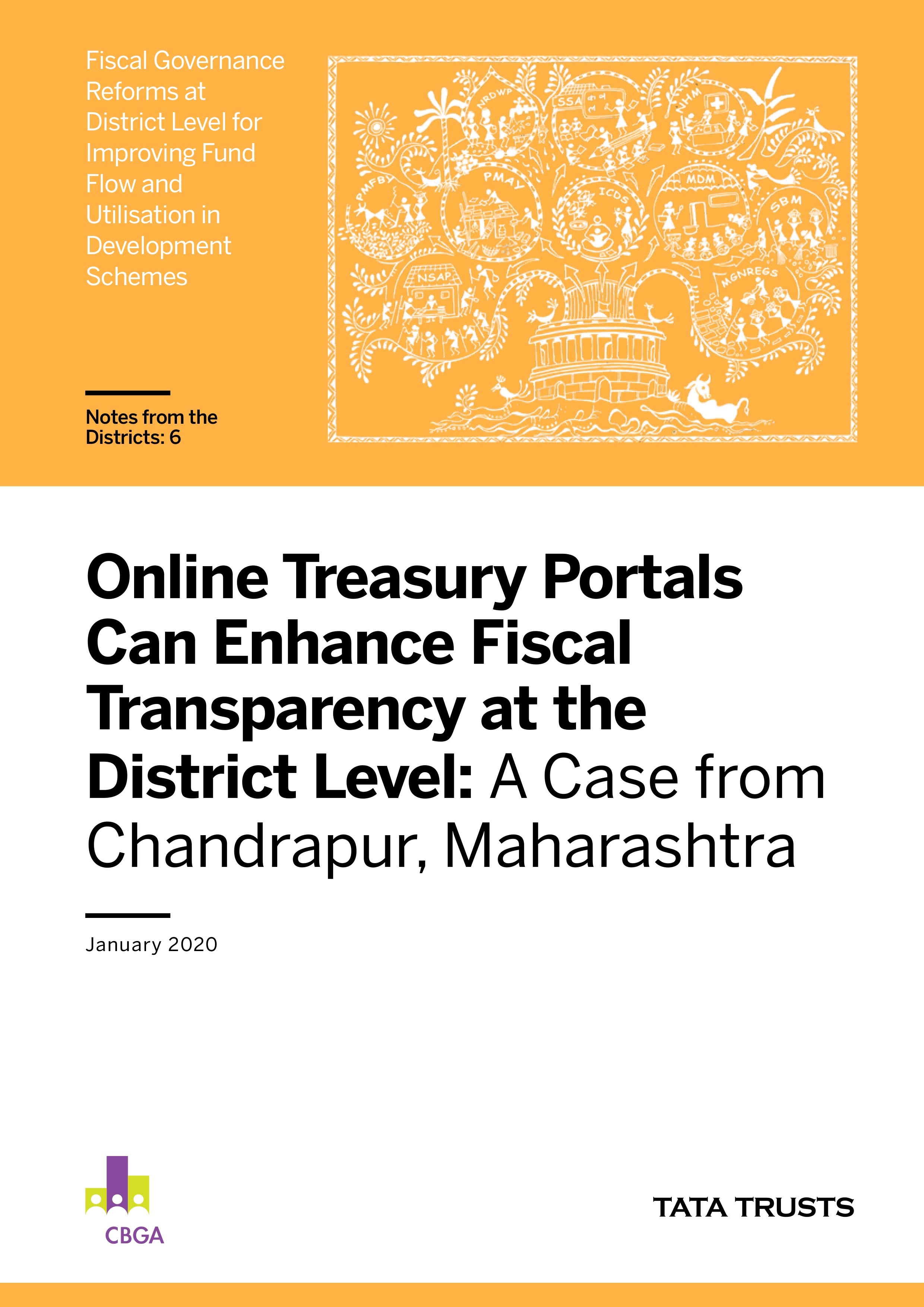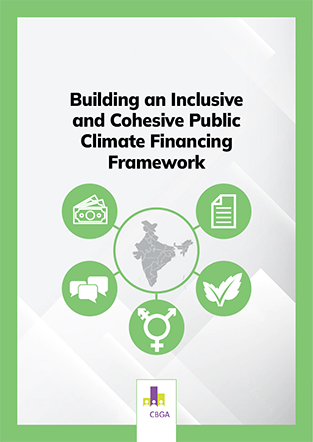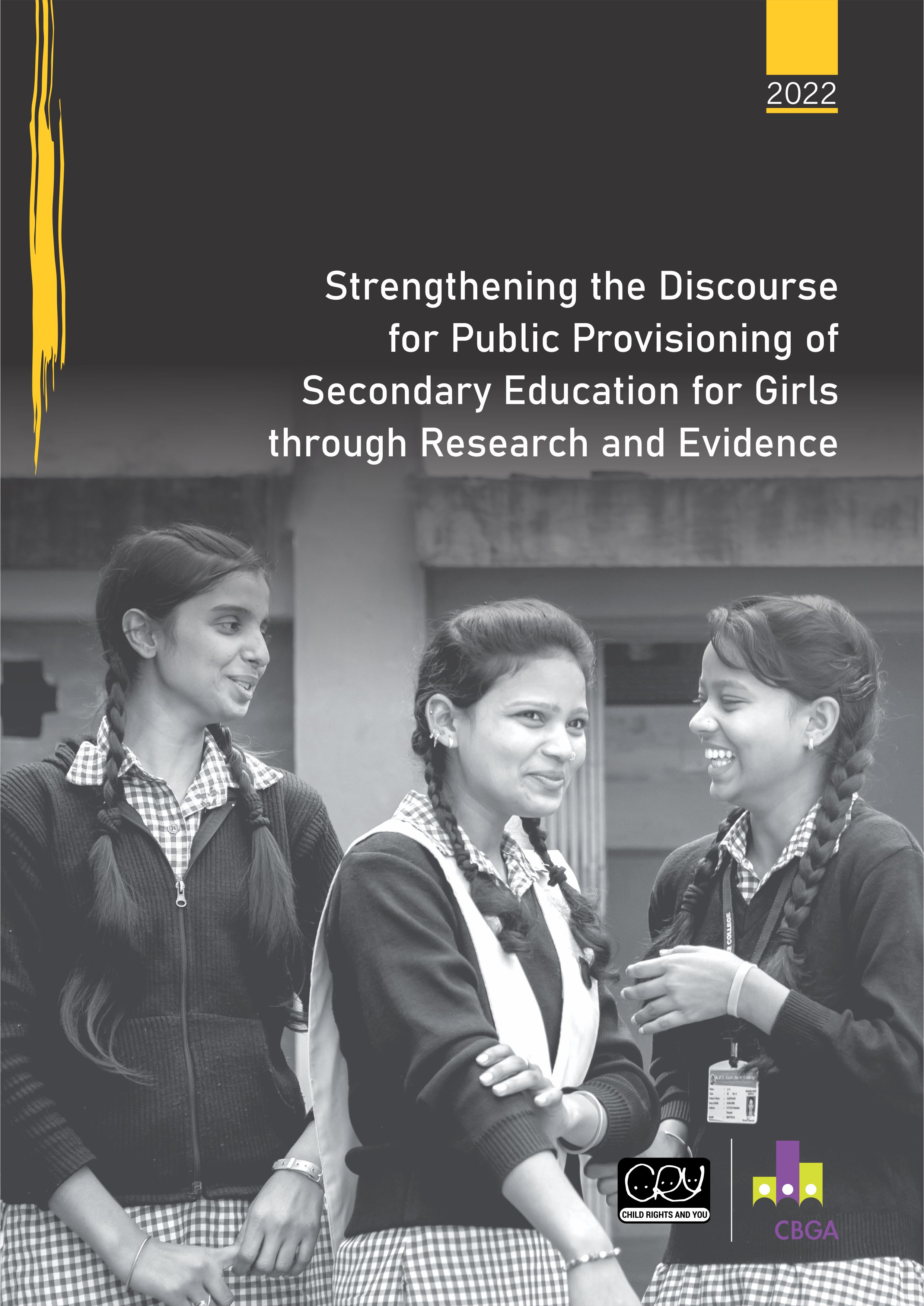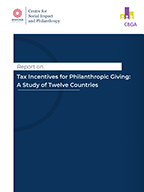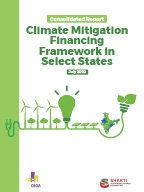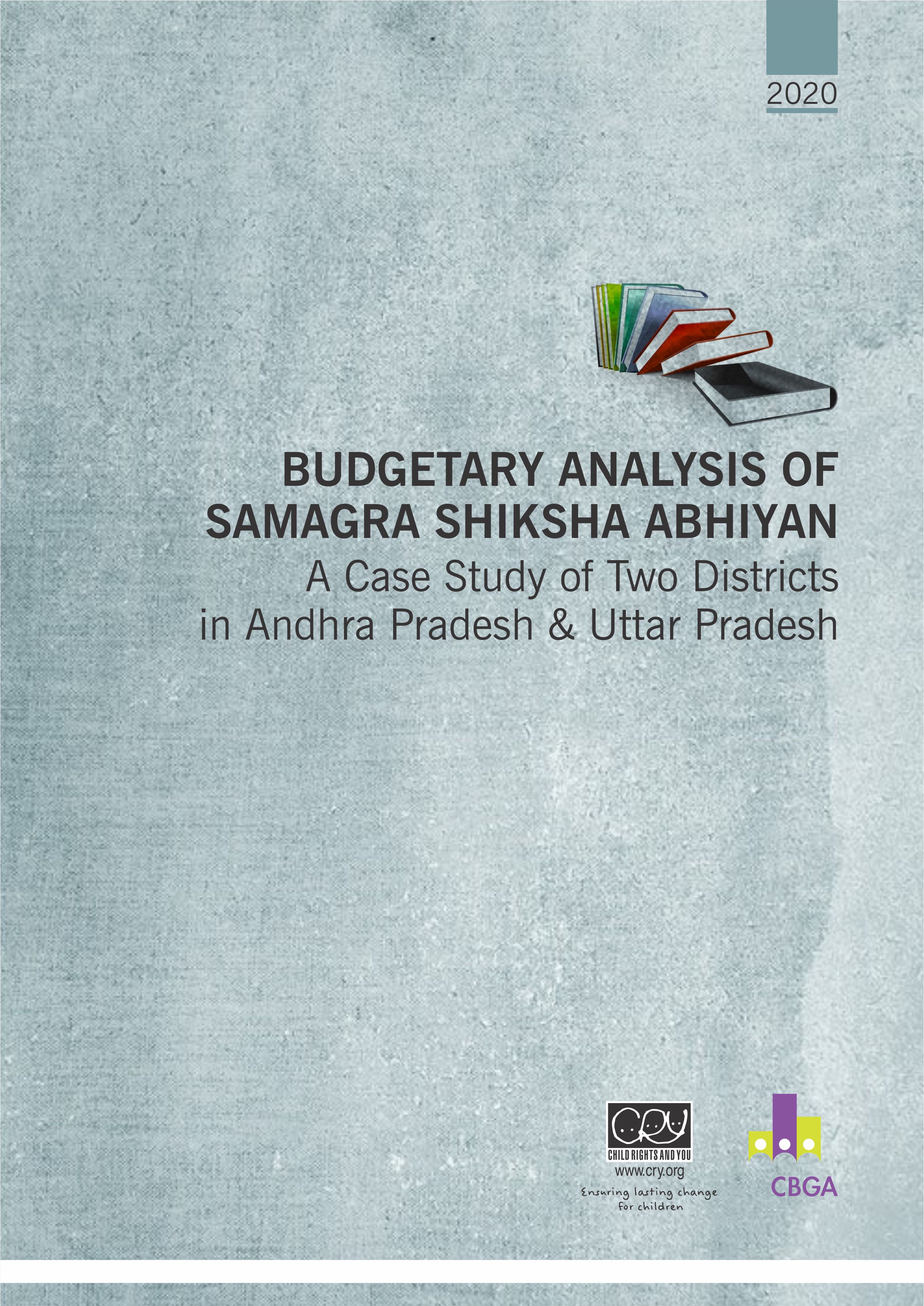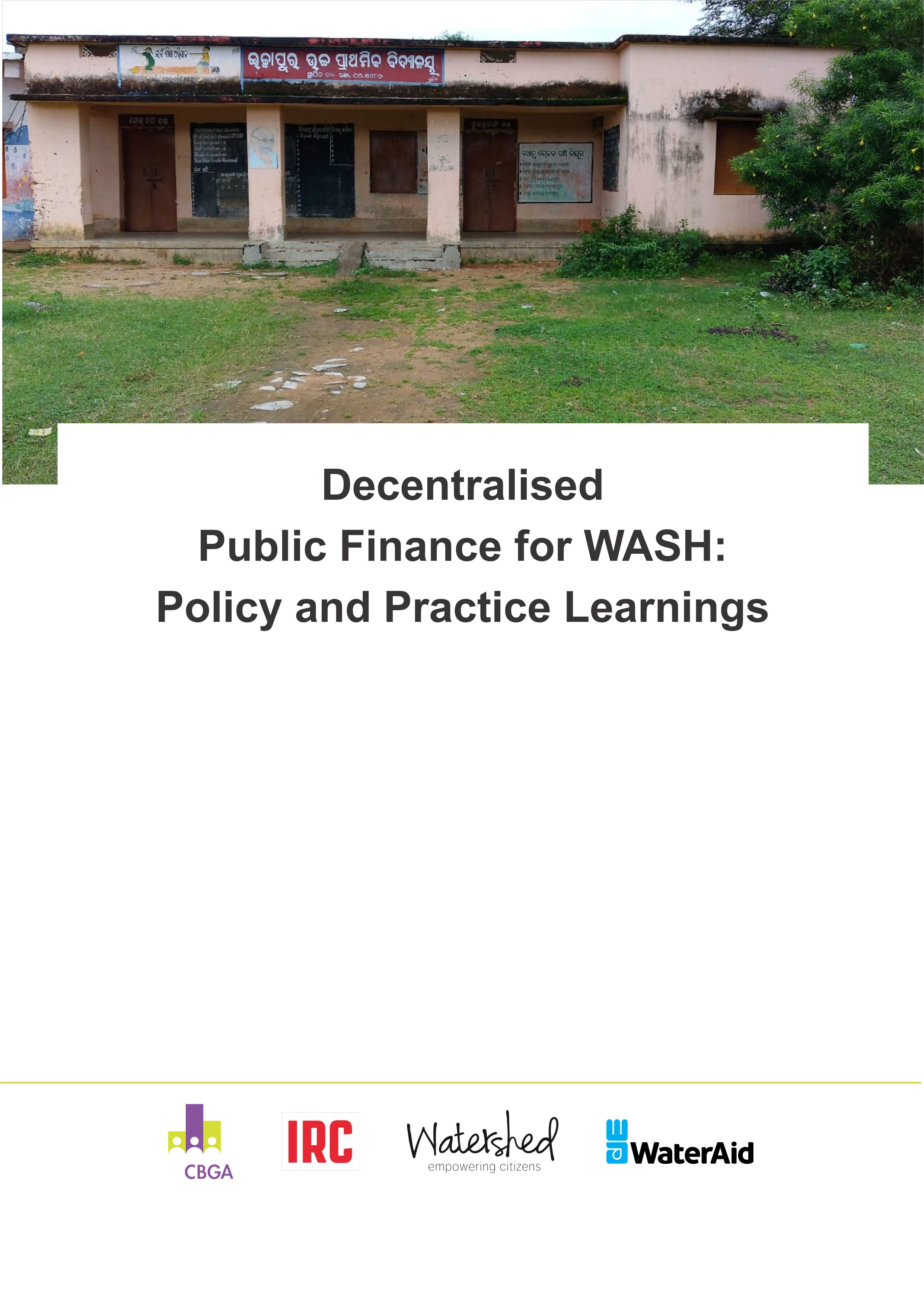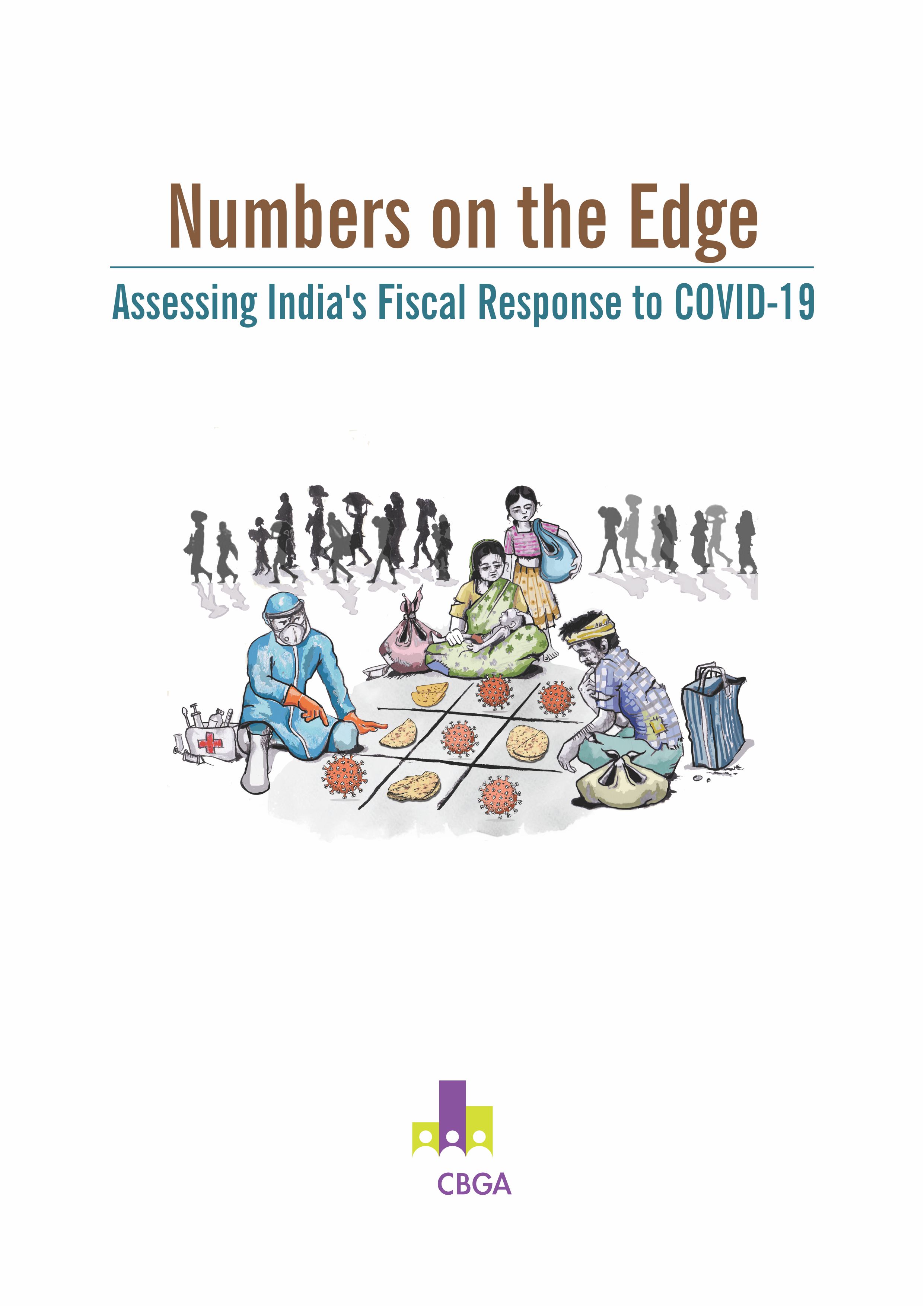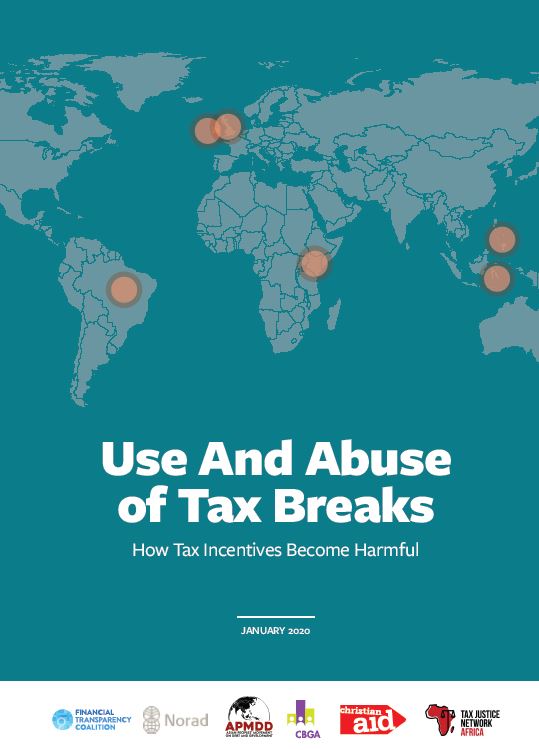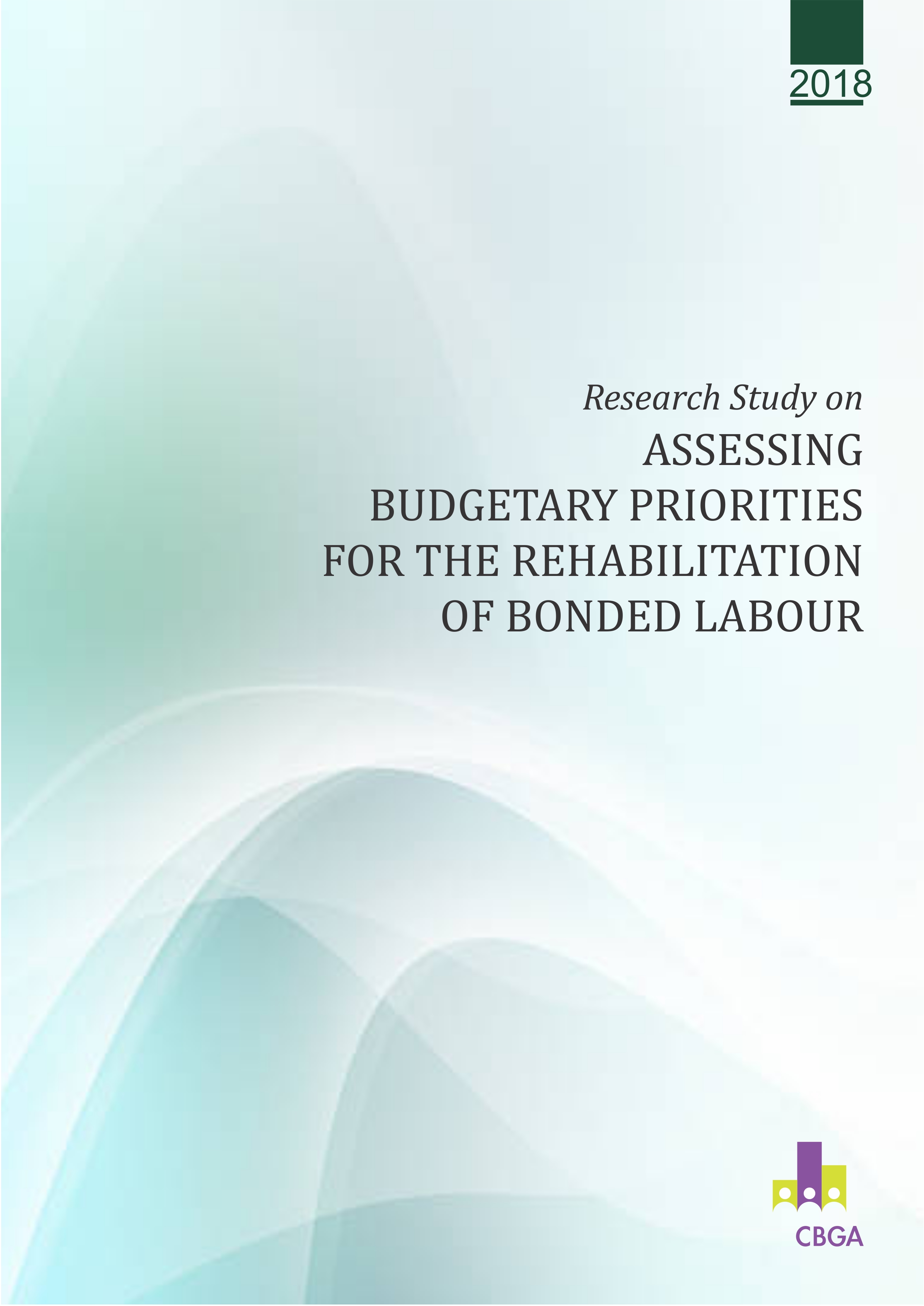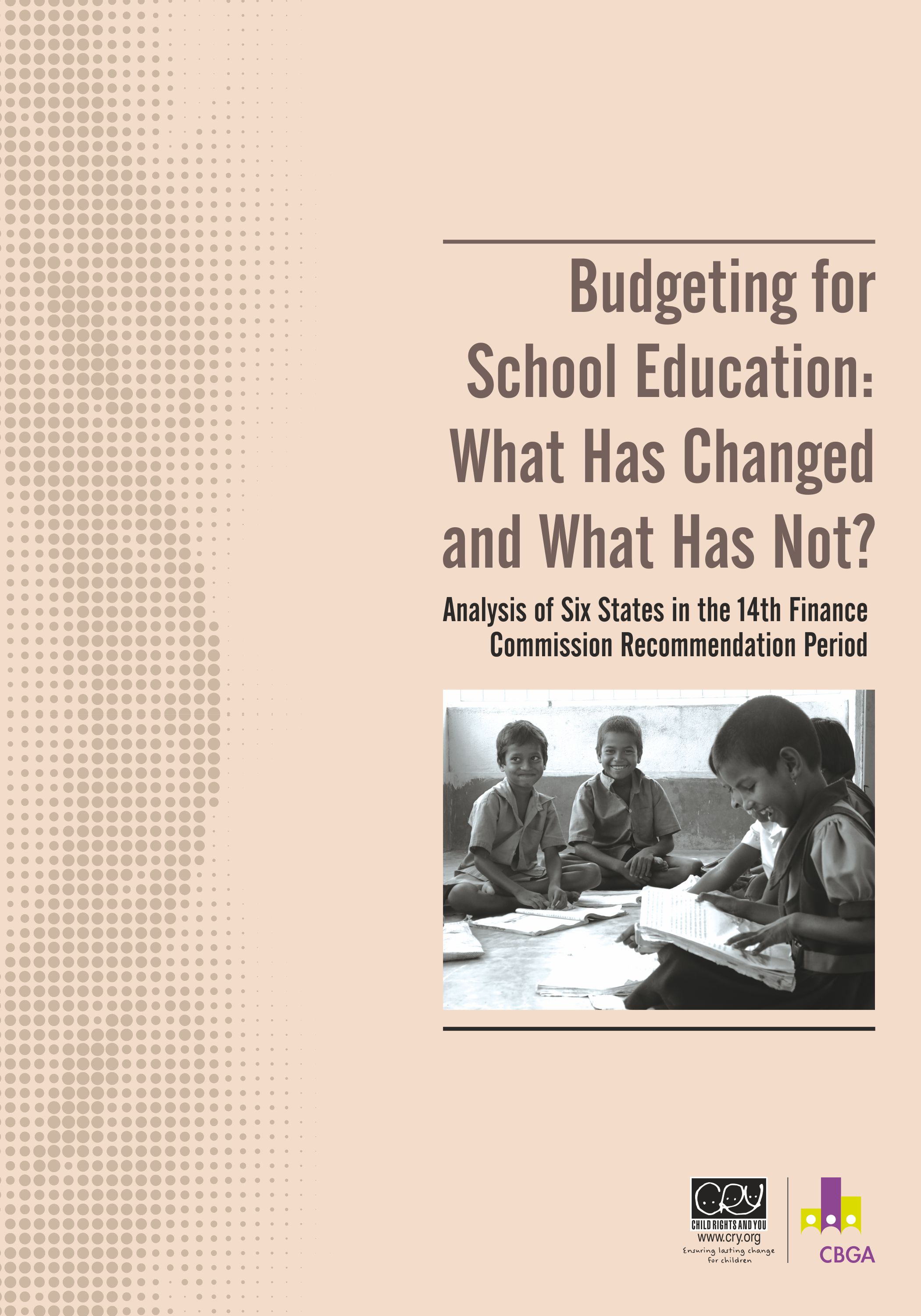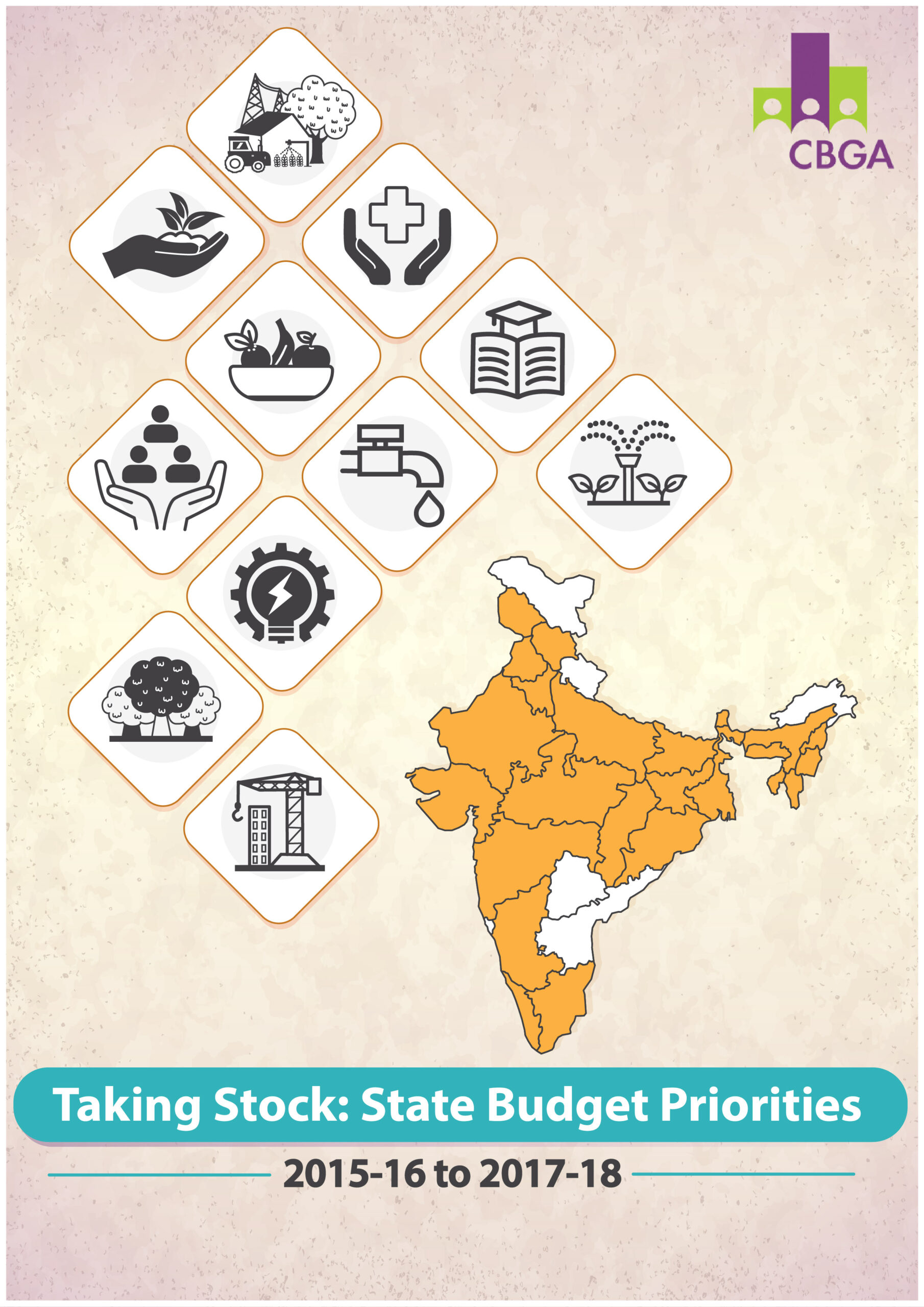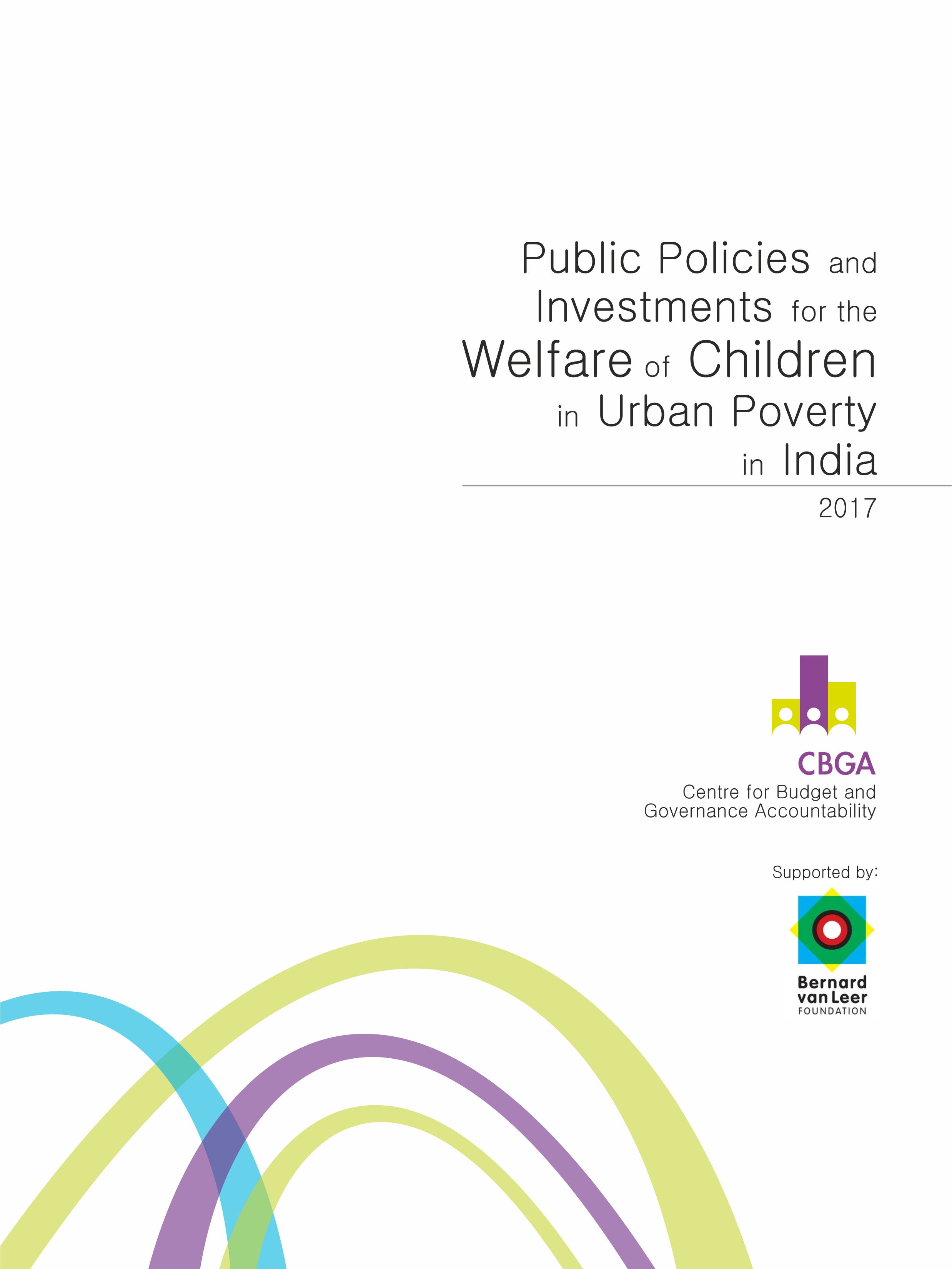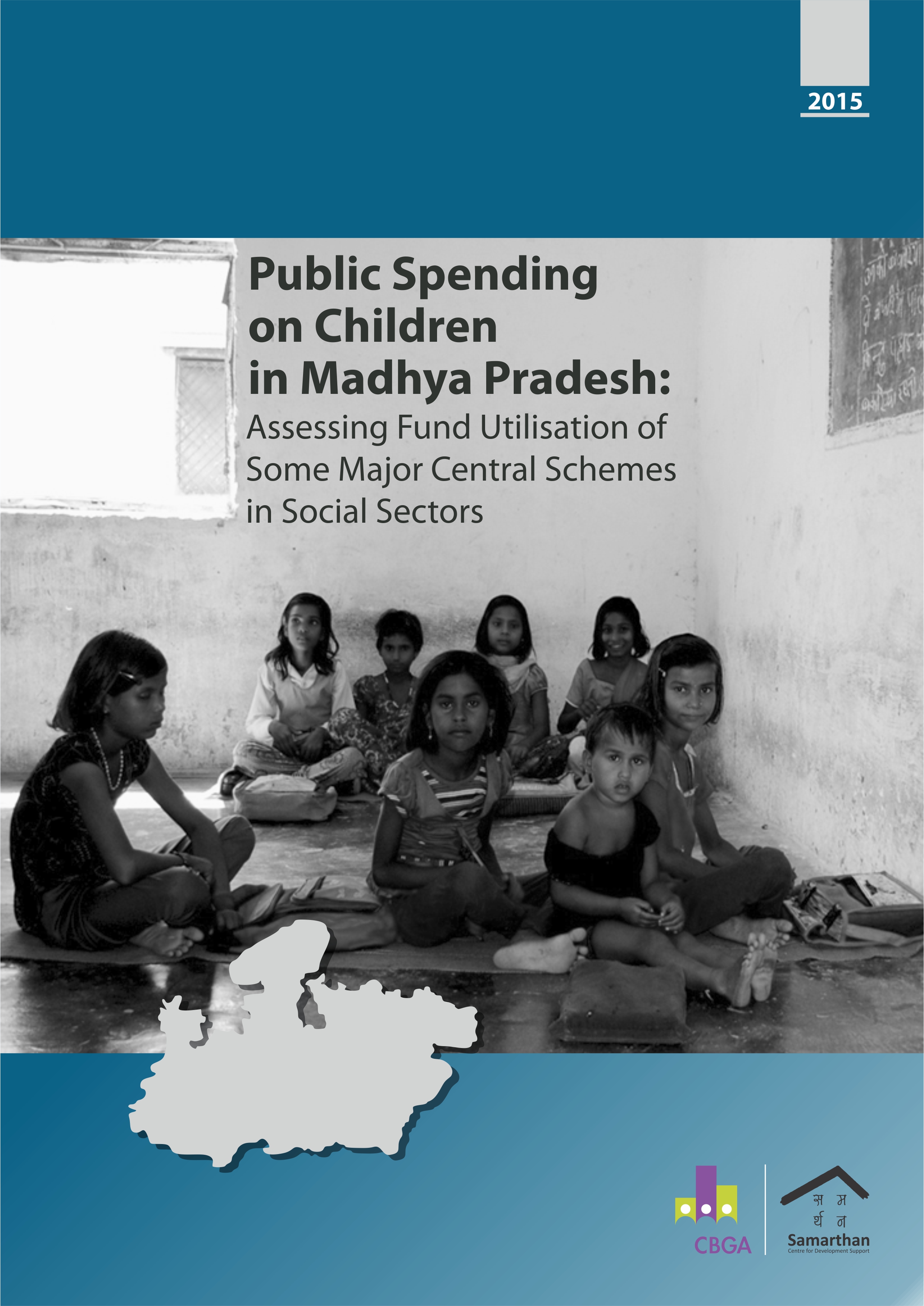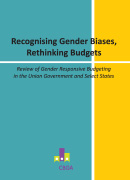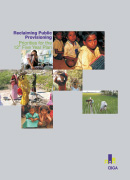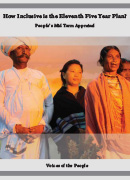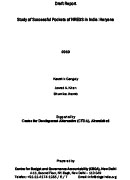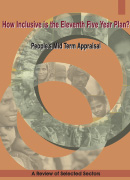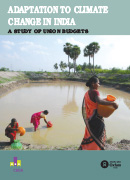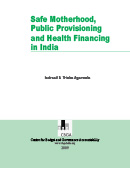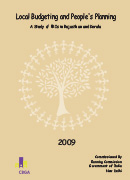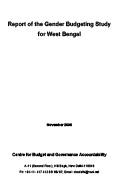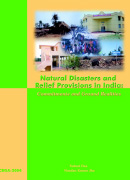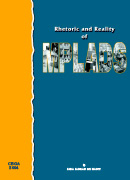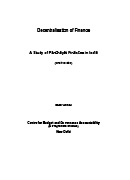The Budget Trails: Fiscal Governance Reforms at District Level for Improving Fund Flow and Utilisation in Development Schemes
The Budget Trails series of knowledge products emerged out of a two-year project carried out by CBGA and the Tata Trusts, which focused on the extent and quality of fund utilisation in ten centrally sponsored social sector schemes in five districts across four States (viz. Balasore and Bolangir in Odisha, Chandrapur in Maharashtra, East SInghbhum in Jharkhand, and Krishna in Andhra Pradesh).
The Budget Trails series, published in January 2020, comprises seven issue-specific Policy Briefs, six Notes from the Districts that discuss innovations and better practices in the social sectors, and a Summary Report.
The research findings call for revising the narrative that large proportions of available funds remain unutilised in the social sector schemes in India; as the five districts studied have shown considerable improvement in resource absorption capacity in most of the schemes compared to what is reported in the literature for earlier years. In schemes like SSA, ICDS, MGNREGS, NSAP, SBM-G and NRDWP, the districts studied have reported over 85 per cent utilisation of the available funds for the financial year 2017-18 and 2018-19. There seems to be scope for more improvement in the extent of fund utilisation in schemes like NHM and MDM though.
However, the quality of utilisation of funds (in terms of how even is the pattern of utilisation across blocks within a district, across different components of a scheme, and the distribution of expenditure across the four quarters of a financial year) is not very satisfactory yet.
The budget/expenditure information architecture at the district level is weak; relevant information on fund flows and expenditure in social sector schemes is scattered and there are data quality issues. Complex fund flow mechanisms need reforms; the practice of funds in some of the centrally sponsored social sector schemes bypassing the District Treasury makes any effort towards comprehensive assessment of fund flow and utilisation in a district very difficult. There doesn’t seem to be any clear advantage in the Scheme Societies route of fund flow over the District Treasury route in terms of the pace of fund flow and utilisation in the schemes.
The Budget Trails series proposes a number of actionable policy measures that could address the bottlenecks at the district level like, delays in fund flow, rigid guidelines and unit costs, human resource issues, and transparency and accountability issues.
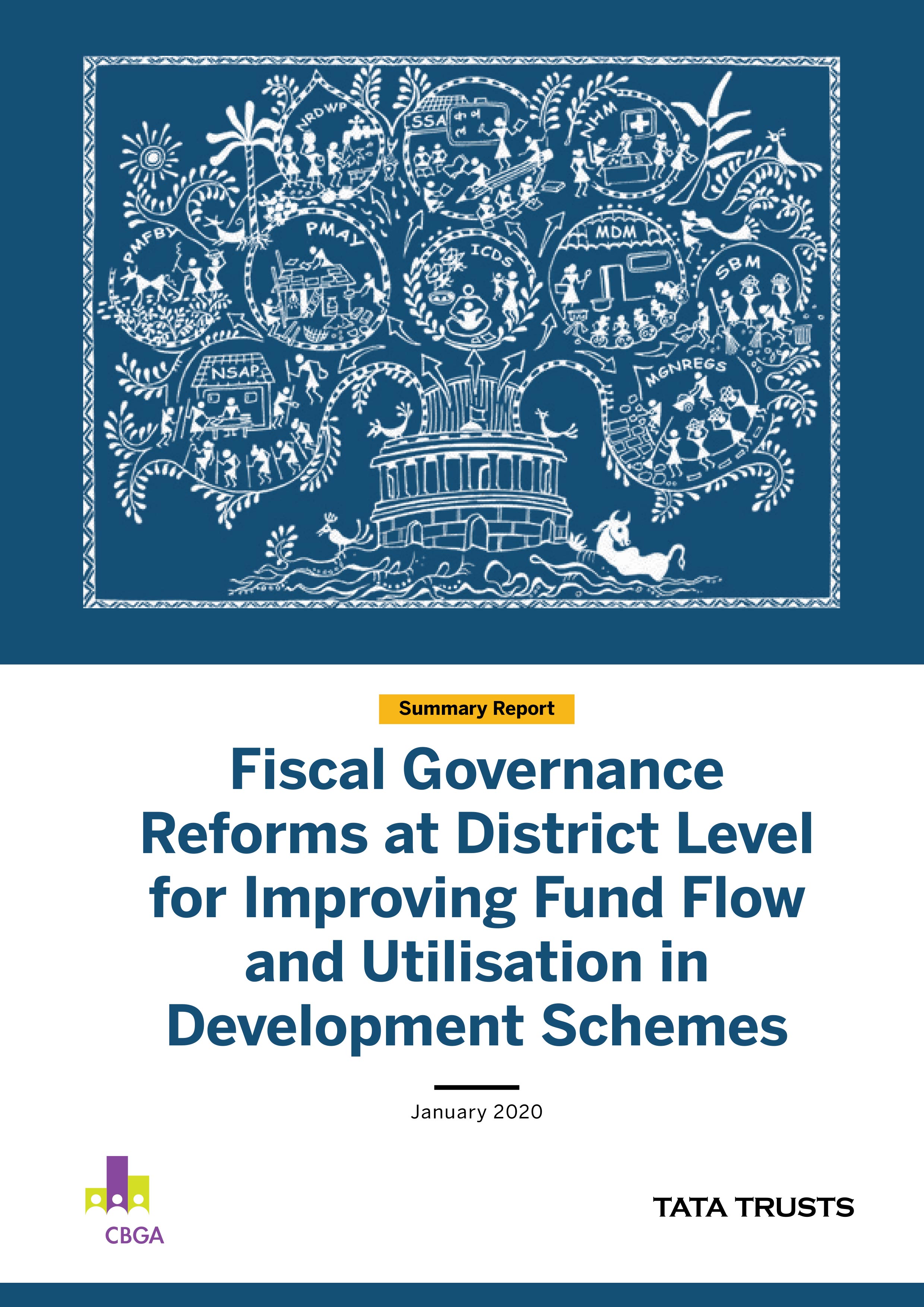
The Budget Trails Report-Summary
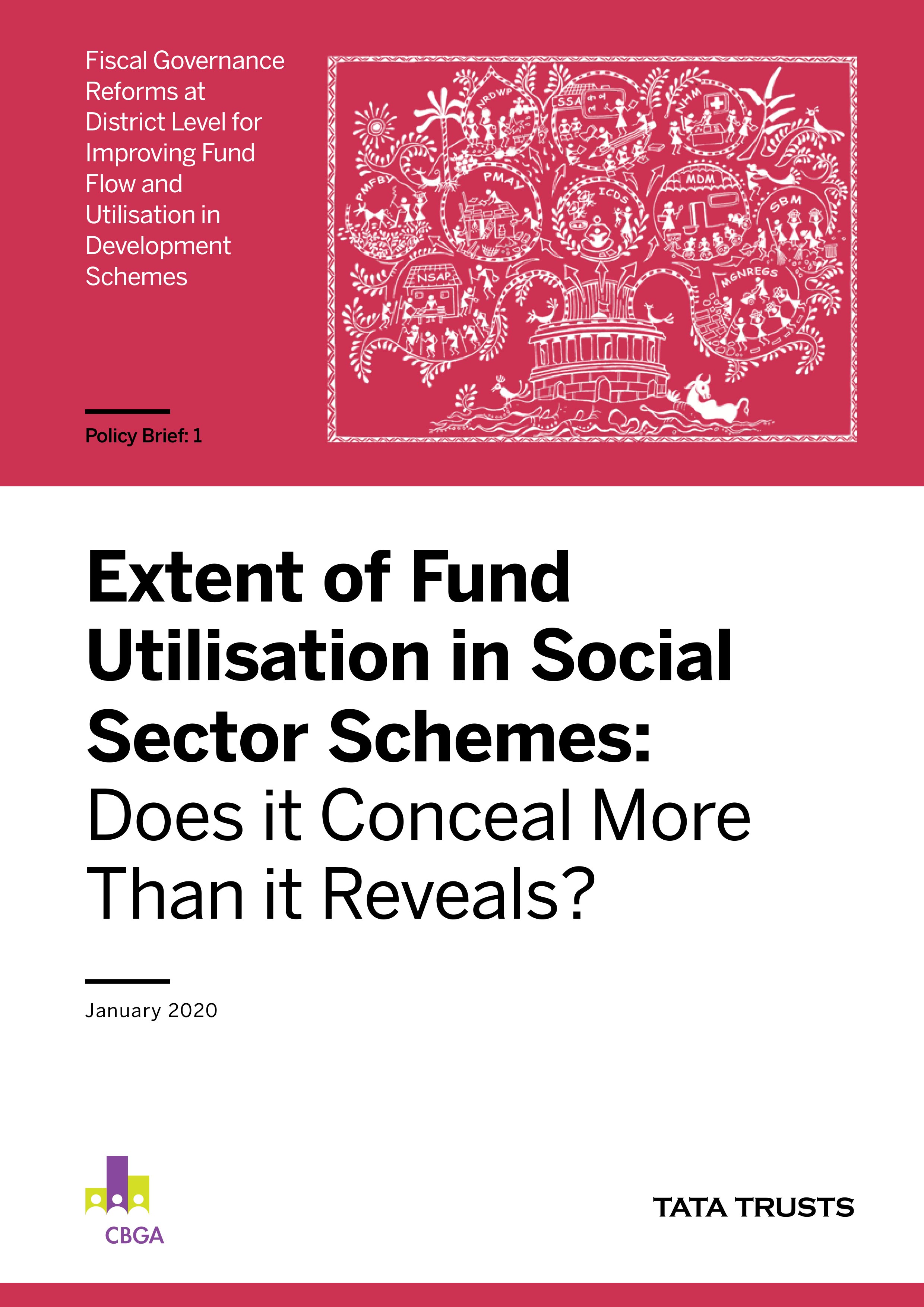
Fund Utilisation in Social Sector Schemes-Policy Brief
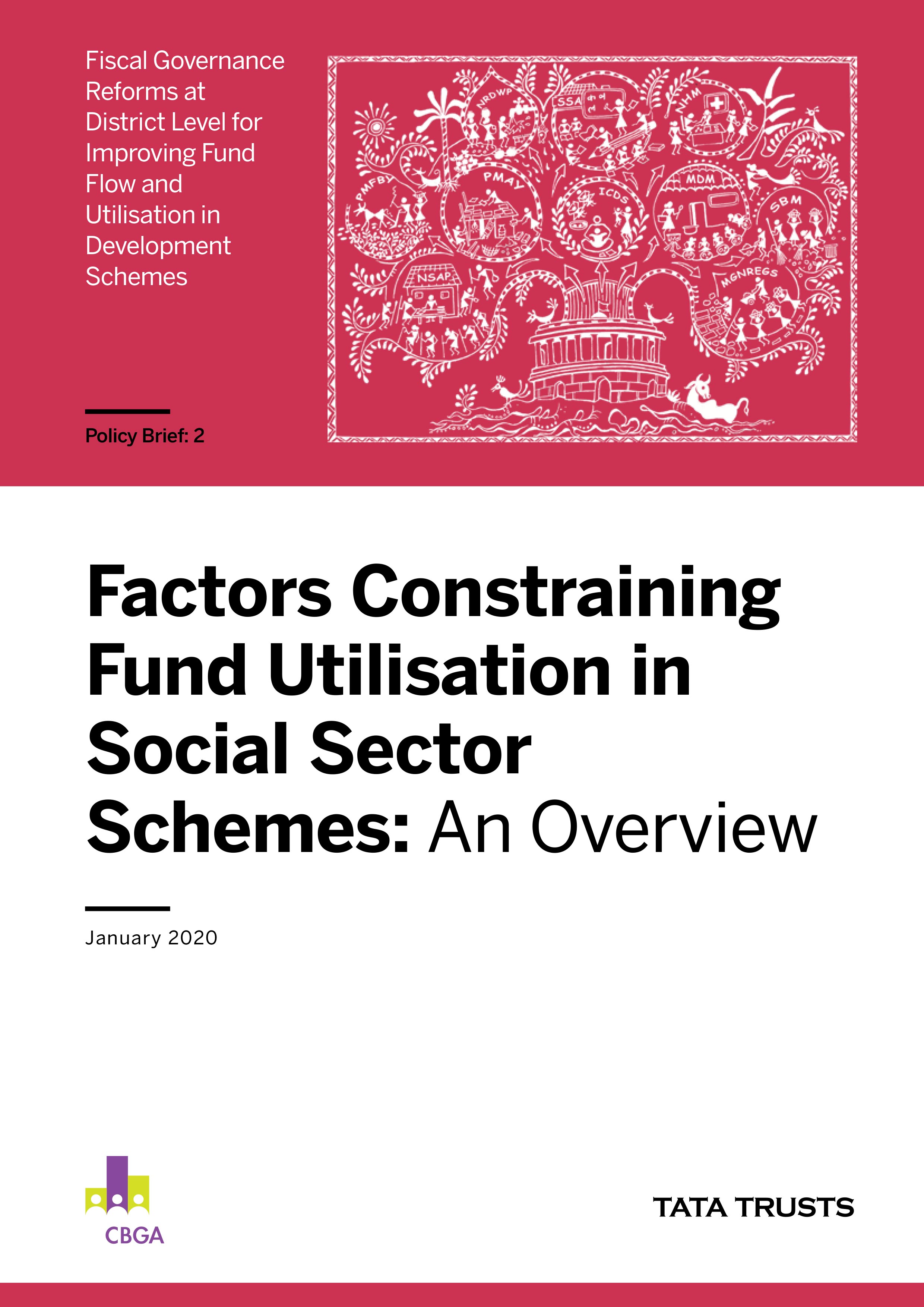
Factors Constraining Fund Utilisation in Social Sector-Policy Brief
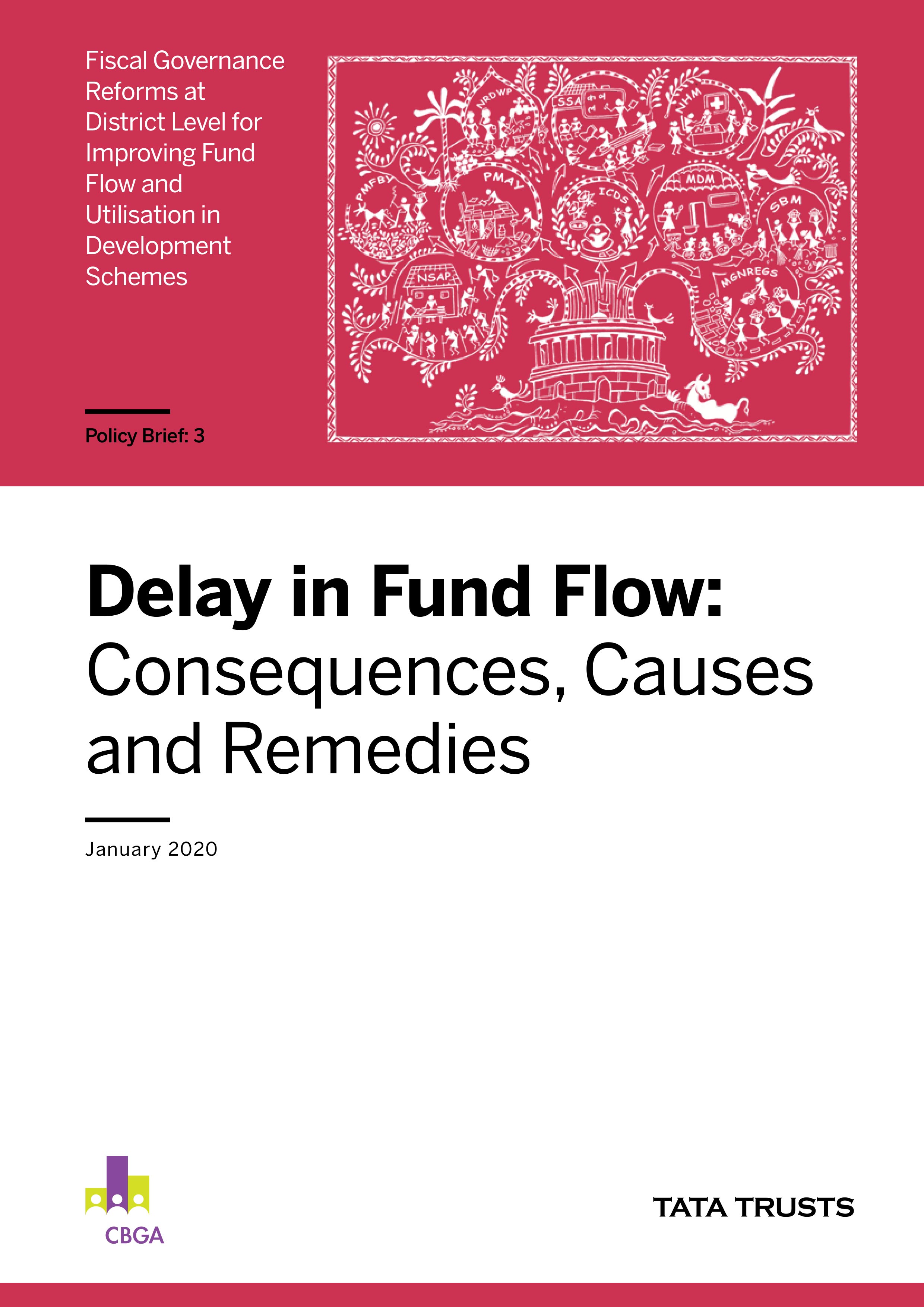
Delay in Fund Flow in Social Sector-Policy Brief
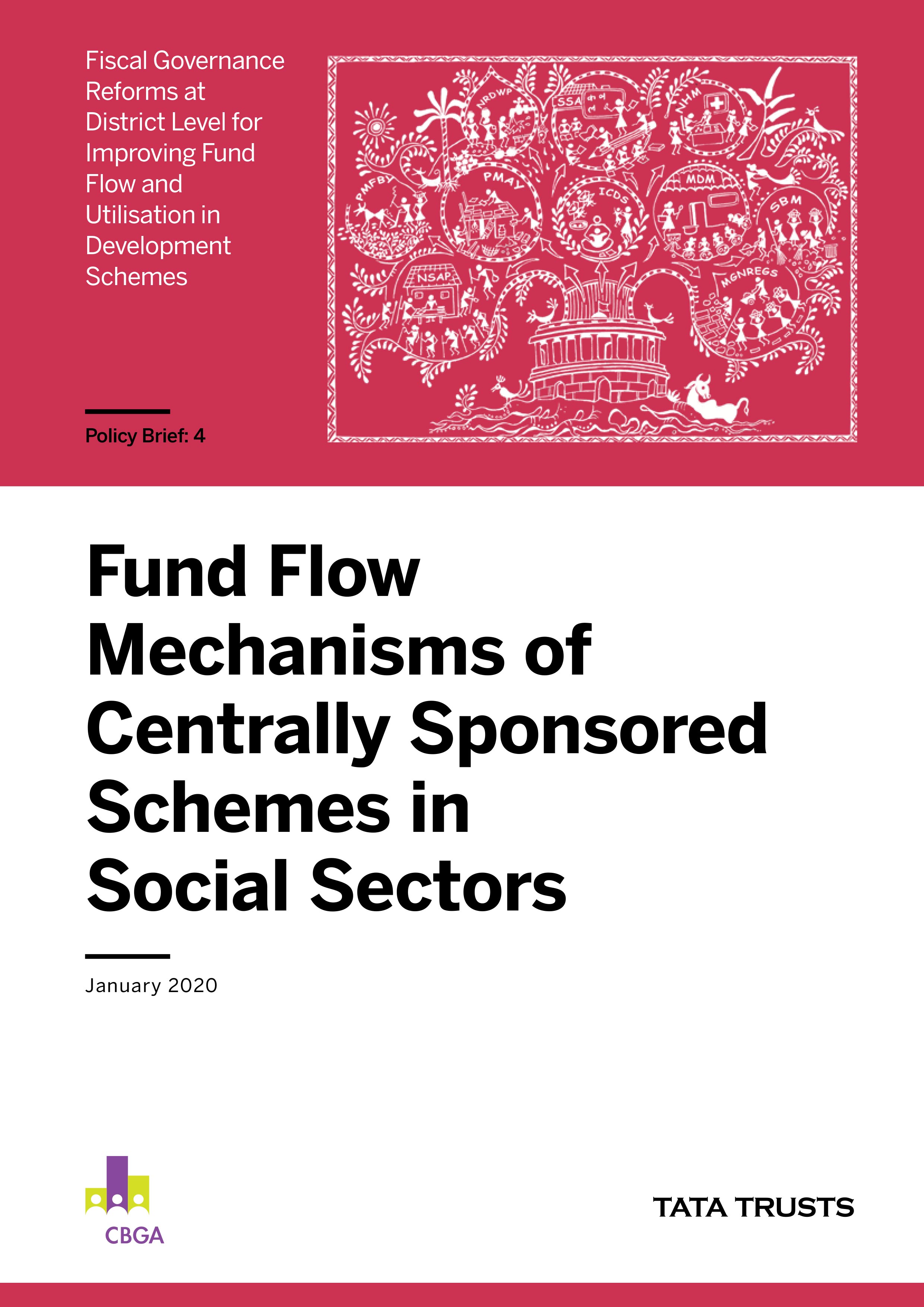
Fund Flow Routes in Social Sector-Policy Brief
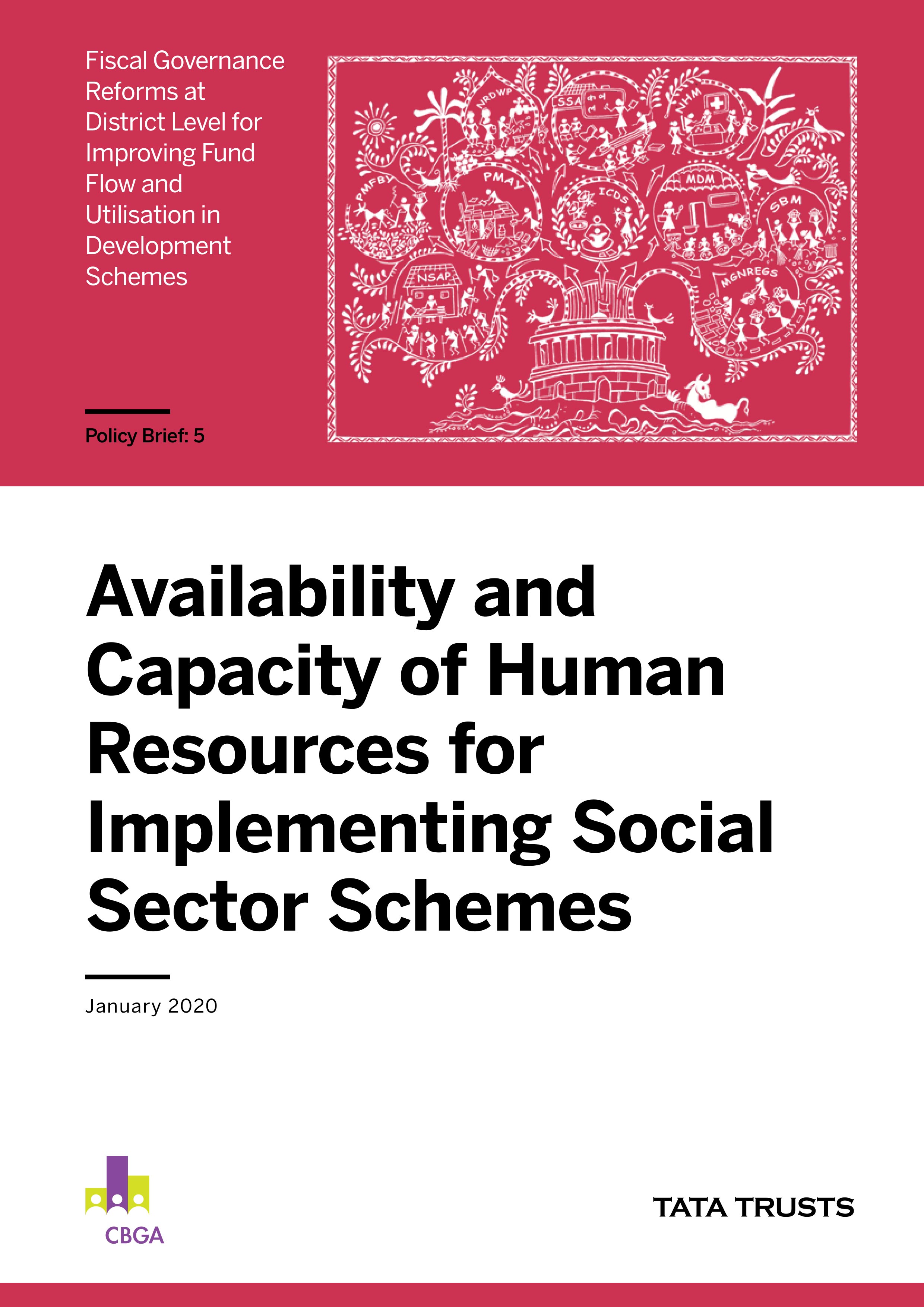
Human Resource Shortages in Social Sector-Policy Brief
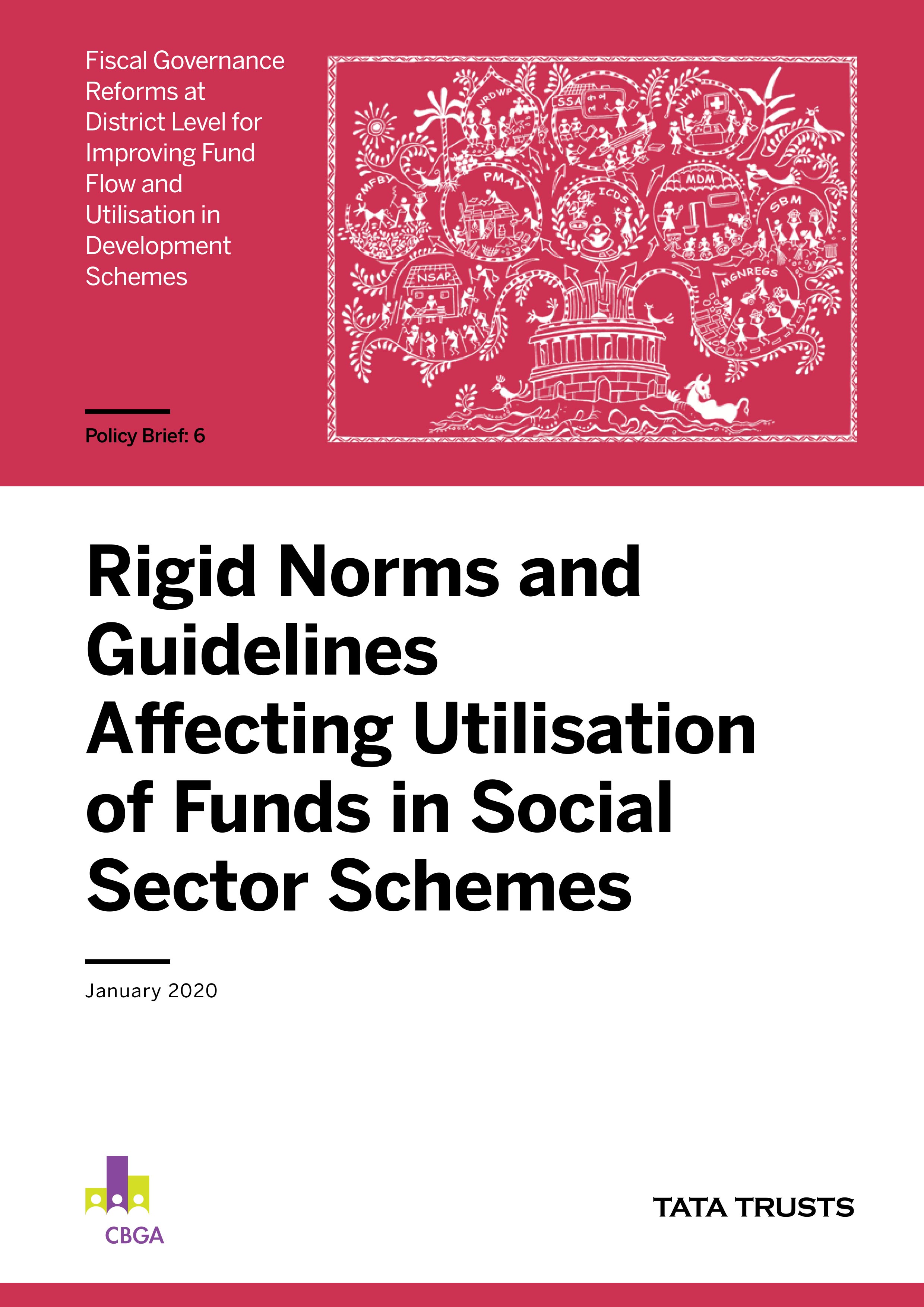
Rigid Guidelines and Unit Costs in Social Sector-Policy Brief
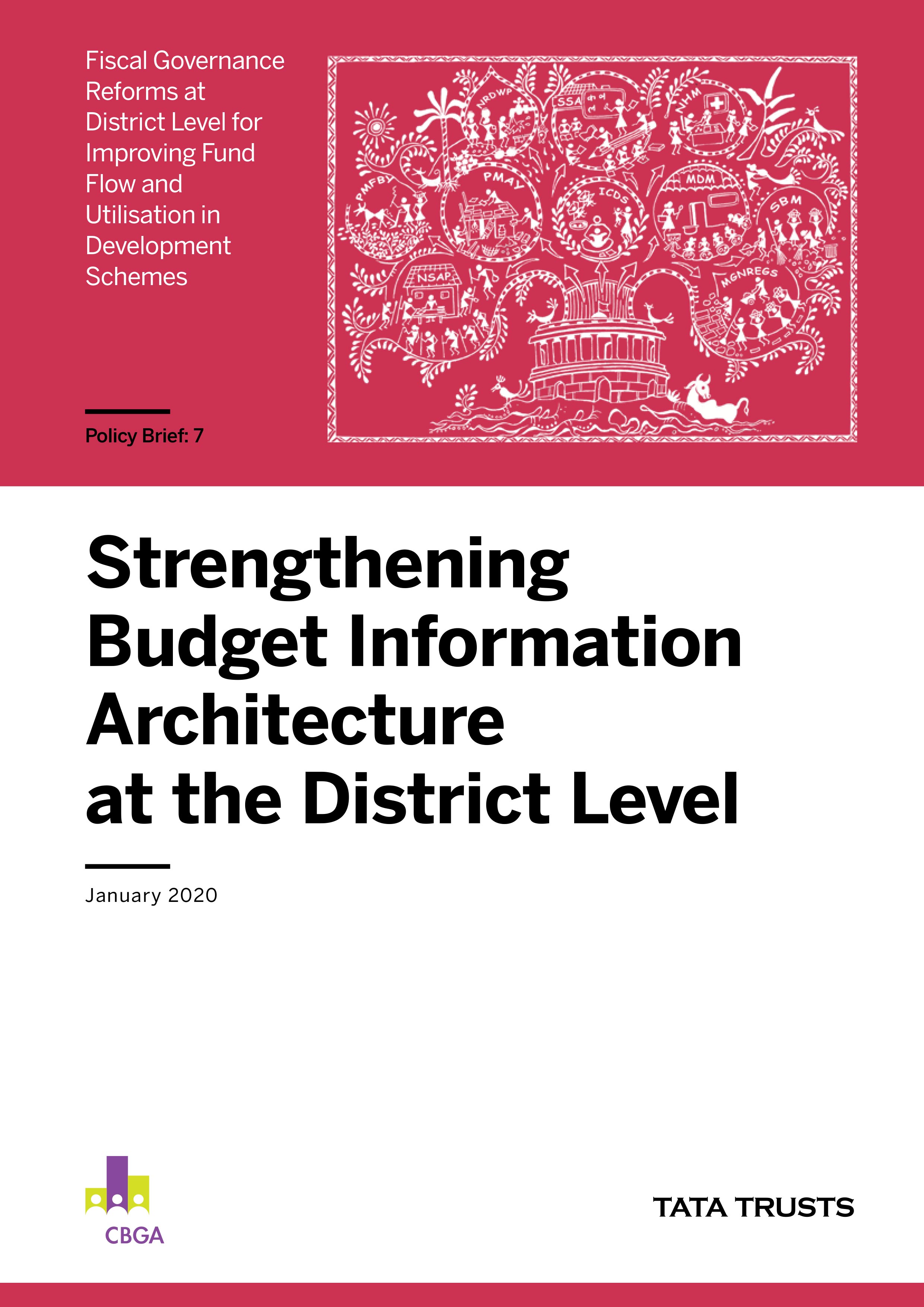
Budget and Expenditure Information at District Level-Policy Brief


